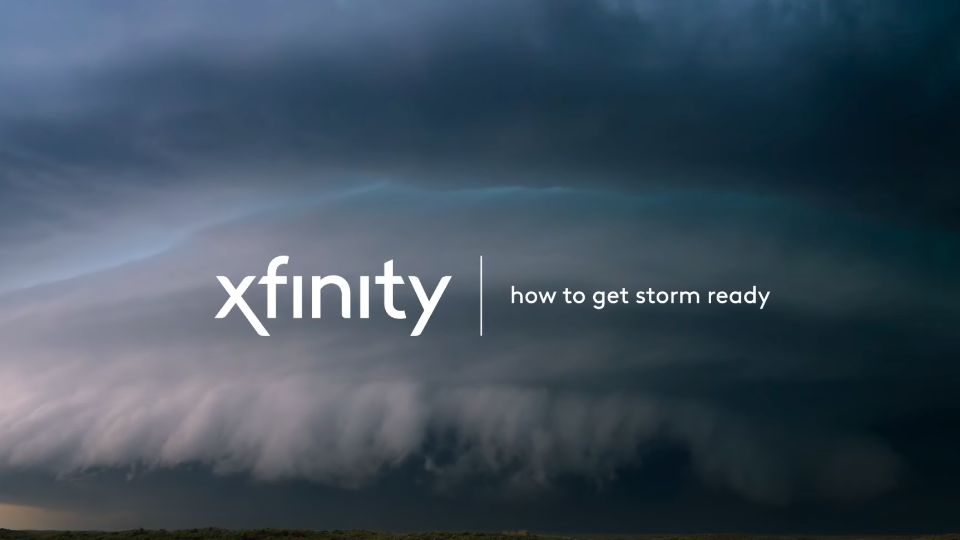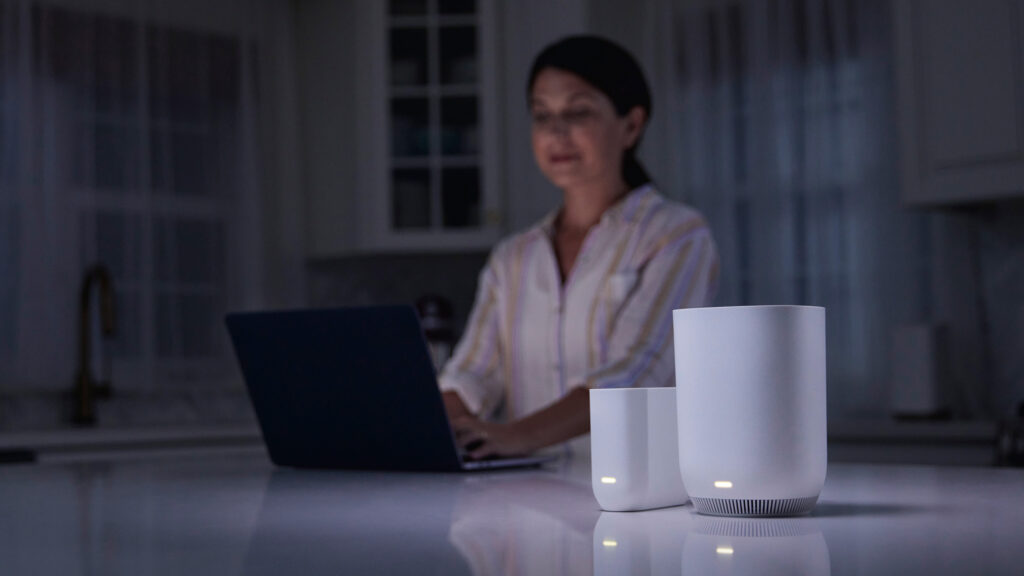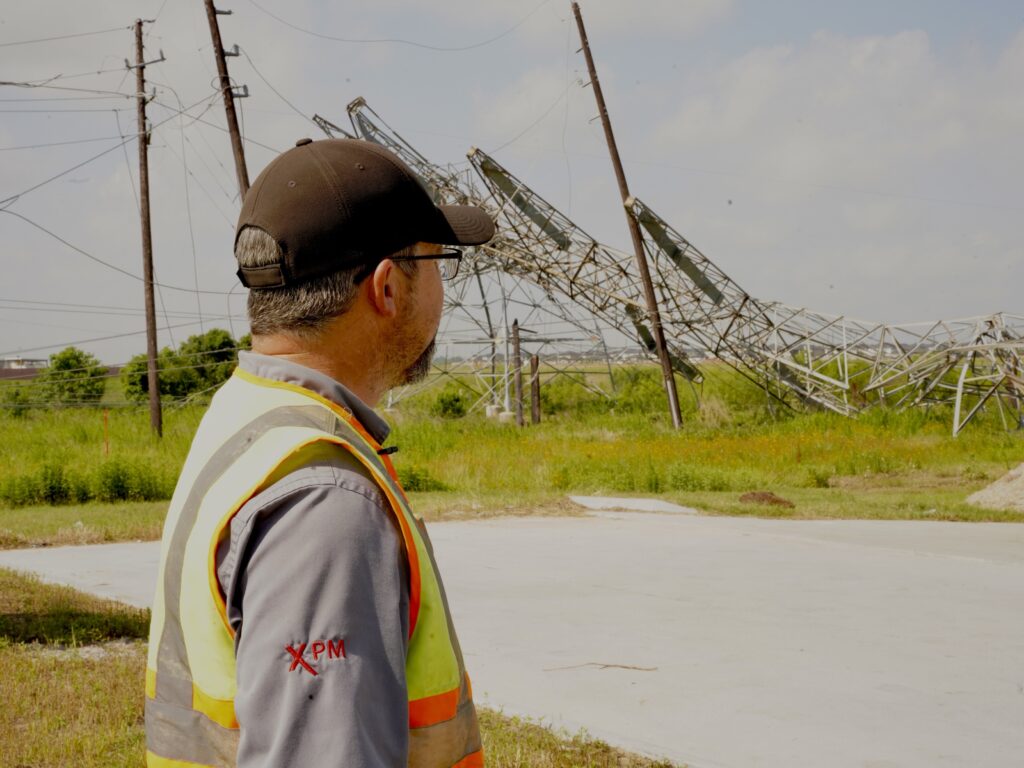NOAA Warns of “Extraordinary” Hurricane Season: How to Prep Your Technology Now

The National Oceanic and Atmospheric Administration (NOAA) has just released its 2024 forecast for the Atlantic hurricane season. With the official start date on June 1, this year’s predictions indicate an “above average” season. Let’s dive into the details and discuss how you can safeguard your technology during potential storms.
NOAA’s 2024 Forecast
- Named Storms: NOAA predicts 17 to 25 named storms.
- Hurricanes: Expect 8 to 13 hurricanes.
- Major Hurricanes: Prepare for 4 to 7 major hurricanes (category 3 or higher).
Dr. Rick Spinrad, NOAA Administrator, emphasizes that this forecast is the highest ever issued for the May outlook.
Key Dates
- Start Date: The hurricane season officially begins on June 1.
- End Date: It runs until November 30.
- Peak Activity: Most hurricane activity occurs between mid-August and mid-October.
Xfinity’s Tips for Storm Preparedness

Xfinity’s Storm-Ready WiFi keeps you connected even when the power goes out. Learn more here.
As a technology user, here’s how you can prepare:
- Enroll in Text Alerts & Follow us on Social Media:
- Download the Xfinity Stream App:
- Stay informed during storms by watching live local news reports on any device using the Xfinity Stream app.
- Check Your Data Plan:
- Use the Xfinity Mobile app to adjust your data plan or upgrade it to turn your phone into a hotspot.

Additional Tips
- Surge Protectors: Plug TVs, modems, and cable boxes into surge protectors to prevent damage from lightning or sudden power outages.
- Higher Ground: Move your hardware off the floor and make sure the location is stable. In case your floor floods or a filing cabinet gets knocked over, you want to make sure your devices stay safe.
- Restoration Priority: Understand that electricity restoration takes precedence. Comcast crews need clearance before restoring Xfinity services.
- Device Resets: If you have electricity but no Xfinity services, restart or reset devices (gateways, modems, routers, cable boxes).
- Safety First: Stay clear of downed power and cable lines.
- Phone Preparedness:
- Keep your phone charged and dry.
- Program emergency contact numbers and emails.
- During the storm, opt for texts over calls (they require fewer network resources).
Remember, severe weather can strike southeast Texas unexpectedly. By following these guidelines, you’ll be better prepared to weather any storm while staying connected and informed. Stay safe! 🌪️📱💡